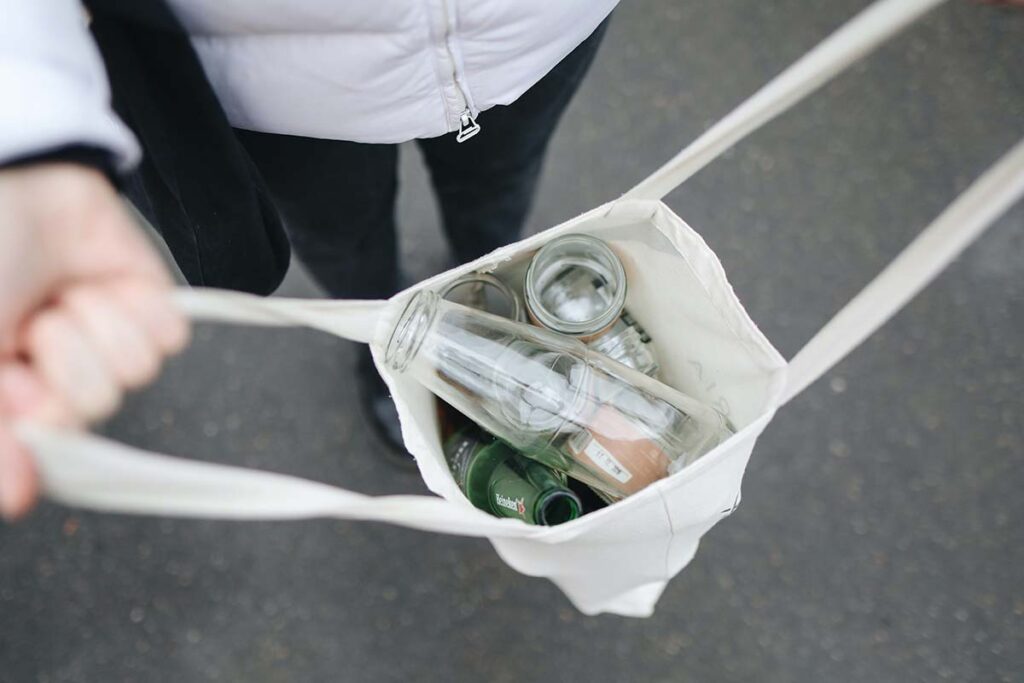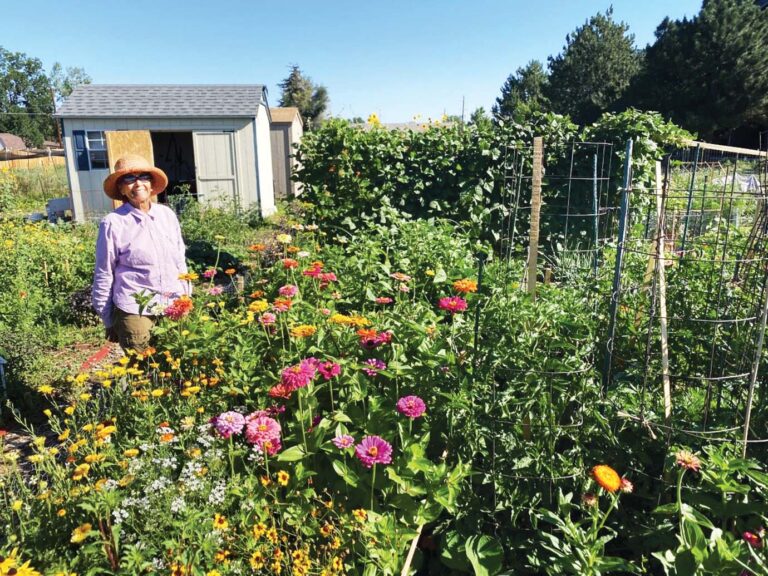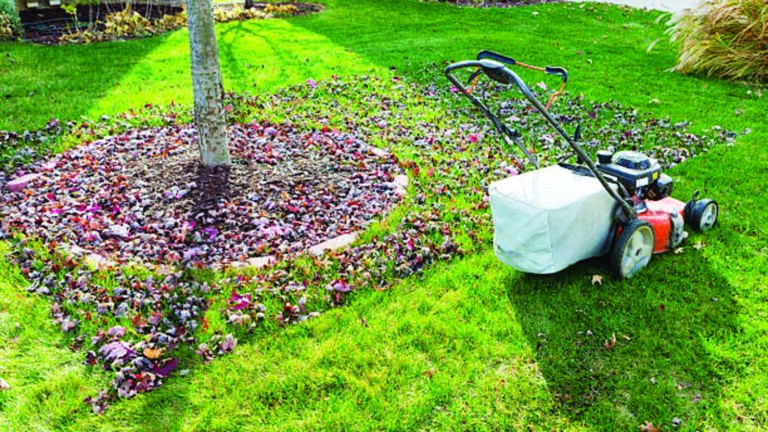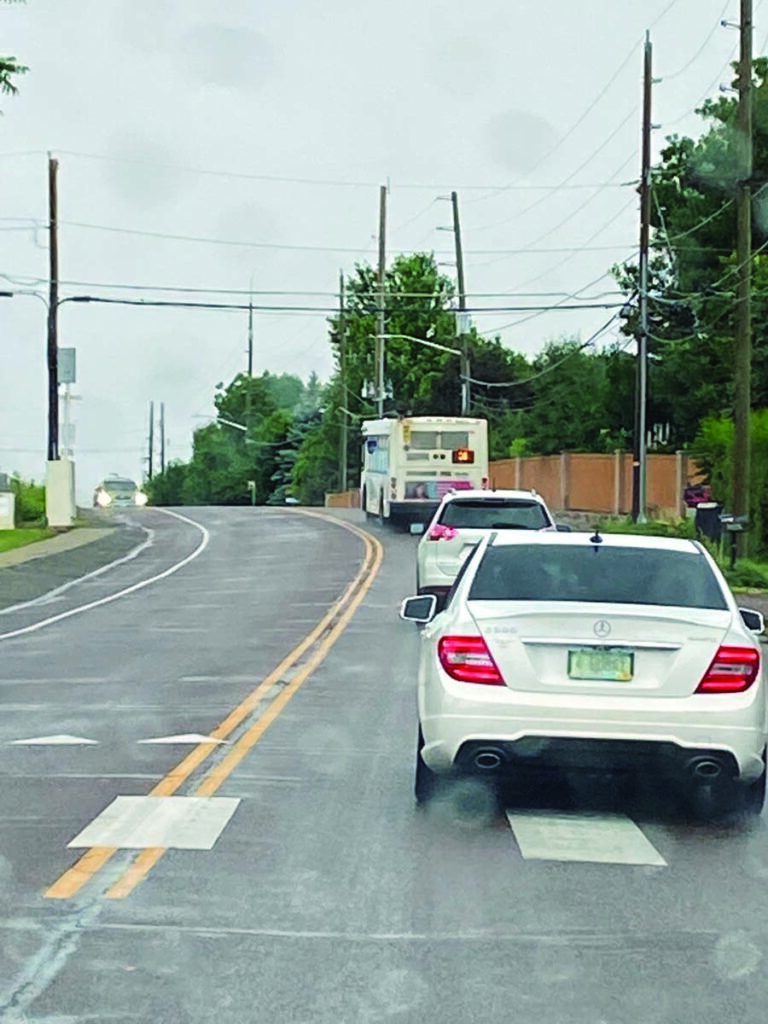COVID-19 has pushed almost everyone and every industry to single-use containers, plastics and surfaces that are nonporous. There are trillions of vinyl/rubber/plastic gloves all over the world, and harsh sanitizing liquids are spread on everything including our bodies. More soaps and alcohol are flowing through drains and more potable water is used for cleaning purposes.
The lack of drivers has caused the City of Denver to reschedule all single-vendor garbage pickups. The one waste company that offered lower prices to Wheat Ridge’s sustainability program has been forced to raise them back up.
In the face of this adversity, how can we maintain a life of clean living?
Although official programs, or organized groups, may decide when your neighborhood is deemed “nature friendly,” you certainly don’t need a city to tell you which waste pickup company to use. You can get with your neighbors on your block to pick a common vendor. You can share crops from each other’s gardens and help the elderly on your block with shoveling driveways and mowing lawns. All healthy habits.
Recycling and reusing has been around before anyone was using the s-word. King Soopers bags can be dropped off back at the store. Composting is free when done at home. If you don’t need it for your garden, maybe your neighbor does.
We have champions in our community, like Rachel Hultin, pushing for bike paths on every major route for safe and efficient two-wheel commuting for our students. An amazing local professor like Amanda Weaver, who is not only teaching her students at the university but also on her own farm for future generations to use and reuse existing resources. Amy DePierre, who is working on a program that will allow landowners to lease parcels to aspiring farmers. A city council that pushes for charging stations for electric cars. A city with plot-sharing gardens and 23 neighborhood parks. A parks and recreation leader like Karen O’Donnell, who will support almost any program that will help citizens stay healthy and safeguard Mother Nature.
Yes, COVID-19 has changed and even halted so many of our healthy habits. Survival instincts have defined the strength of our community and its environment. Projects along the Greenbelt and West 38th Avenue are monumental signs of a future that safeguards a way of life that is less dependent on fossil fuels, the use of plastics, and changes the mindset where bikes are more than just a form of exercise but more of a safe and affordable means of transportation.
We talk about programs, and large-scale methods. Yes, it does take a village to save the earth, but in every “us” there is a “you.” That’s where it all starts.






